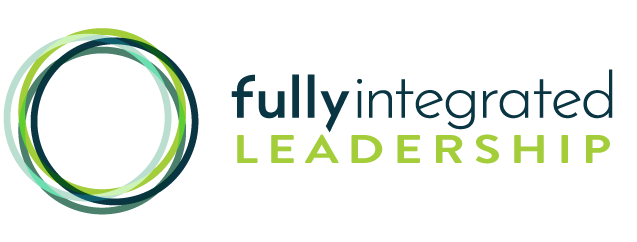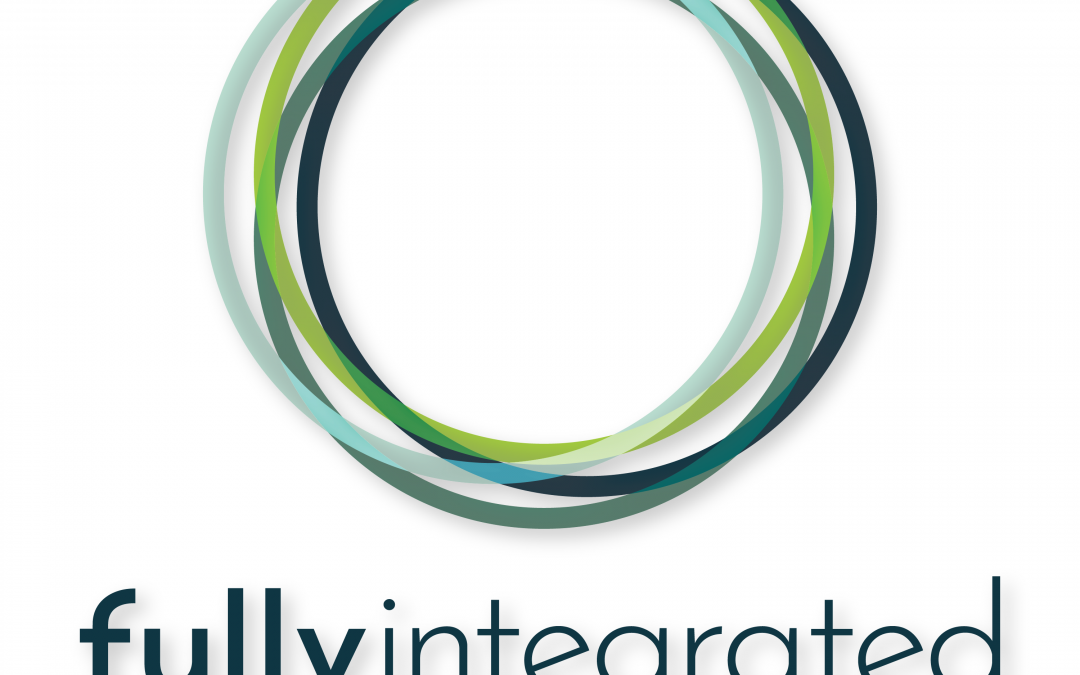Thought #1: We have the “map” to get us to the Consciousness Revolution…
Last week, I wrote about how this is the most crucial time in human history. We have the power to destroy ourselves and yet we lack the wisdom to wield such power. I see this time we are living in now as the catalyst for the fourth major human “revolution” which I am calling the Consciousness Revolution. We need a new level of wisdom to solve the problems we are facing as a civilization. Luckily, we have a map that can guide us on the path to greater wisdom. It is called Adult Developmental Theory. For the past 50 years or so, researchers in this field have been studying how adults can continue to develop their capacity to take on greater amounts of complexity and paradox, and how they can become more aware of themselves, of others, and ultimately of systems. The field of Adult Development has exploded in the past couple of decades, leading to various maps that show how development progresses from one stage to another, and how with intention and reflection we can intentionally move to later stages of development. I have been using this map to aid me on my own journey so I am not “wandering in the wildnerness” searching for the wisdom that is needed to advance us into the Consciousness Revolution.
My excitement for Adult Developmental Theory is less about the theory itself, but more about the way it can help each of us understand where we are on the journey and how we can continue to progress to later stages. Research shows that later stages of development align with greater wisdom and ultimately it’s about becoming increasingly aware (or conscious) of what is happening and how to work with complex challenges like the ones we face today. If you are not yet familiar with this body of work, I encourage you to look into it and begin your journey of intentional development. Here are some of my favorite resources on this topic: Changing on the Job by Jennifer Garvey-Berger, Action Inquiry by Bill Torbert, basically anything by Robert Kegan (here is a link to an article about his work: https://medium.com/@NataliMorad/how-to-be-an-adult-kegans-theory-of-adult-development-d63f4311b553). It’s up to each of us to do the work to understand where we are on the map and how we can continue to progress. The Consciousness Revolution will only happen if we each choose to challenge ourselves to learn and grow! I recently did a podcast episode where I talked about Adult Development and the dawn of the Consciousness Revolution. You can hear it at: https://podcasts.apple.com/us/podcast/fully-integrated-leadership-podcast/id1483704643
Thought #2: Compassion is the key to a good life…
A 100 year-old Tibetan monk was once asked “what is the most important thing you have learned in your life?” He thought about it for only a few seconds and answered, “compassion is what holds the universe together.” I love this answer and believe compassion will be the key to the Consciousness Revolution. Compassion comes from Latin and means “to suffer with.” It is the recognition that being human is, in part, about suffering, and the journey through life is about recognizing that our suffering is self-created. Compassion must begin with ourselves. I don’t know about you, but I have a tendency to be really hard on myself. There’s a strong voice that says you’re not enough…not doing enough, helping enough, creating enough. This inner judge bombards me with criticism. For a long time, I attempted to ignore this judging voice, but over the past several years I have used it to fuel self-compassion. Rather than engaging in conversation with the judging voice, I instead shower myself with compassion when this voice is present. Specifically, I reconnect with my awareness, the part of me that is not caught up in the plot of the movie that is my life. From this place of pure awareness, I can find compassion for myself and choose right action in the moment rather than reacting to the “you’re not enough” story. How can you find more compassion for yourself?
The second stage of compassion is to find it for others. We so often judge people’s bad actions as reflective of their character. Instead, I invite you to ask yourself, “what circumstances would lead someone to do what they are doing?” This simple question moves us away from judgment and begins to engage compassion. From this vantage point, we can view people’s actions as reactions to their own suffering. And when we flood them with compassion we actually change the energy and help them to cultivate greater self-compassion. As you go through the next few days, just notice how quickly you jump to judgment about someone’s character when they do something bad or wrong in your eyes. And then see if you can subtly shift to wondering about their circumstances and how this could lead to suffering and the resulting behavior. Our society today is so lacking in compassion and we cannot move forward if we don’t collectively cultivate more compassion for one another.
A practice I love to do to cultivate greater compassion is the Loving Kindness Meditation. If you are unfamiliar, the process is fairly simple. Sit quietly and get yourself centered and relaxed. Bring someone to mind for whom it is easy for you to feel love. When you have this person in mind, repeat the following: may you be well and happy. May you be well and happy. May you be free from suffering. May you live your life calmly and peacefully. As you repeat these words, actually see them being well and happy and notice how you feel in your body. Once you have this feeling, see yourself (literally bring yourself into your mind). Repeat the same words and see yourself being well and happy. Now, bring to mind someone you don’t know well (someone you are relatively neutral about). Repeat the same words and feel the feeling as you see them well and happy. Finally, bring to mind someone it is difficult for you to feel loving kindness. Repeat the same words and see them well and happy. Do this practice often to cultivate ongoing compassion that can be accessed throughout your day as you encounter challenging people.
Thought #3: The power of paradigms….
One of my favorite subjects is Systems Thinking which is the study of how groups of people interacting together produce results. Systems Thinking teaches us that every system is perfectly designed to produce the results it is producing, and how to move the system to produce the results you want it to produce. This is a huge subject that I will not do justice to in a short email, but suffice it to say I encourage you to study the topic (favorite books include Thinking in Systems by Donella Meadows and Systems Thinking for Social Change by David Stroh…you can also hear me interview David on my podcast in episode 4: https://podcasts.apple.com/us/podcast/fully-integrated-leadership-podcast/id1483704643). Ultimately, every system runs based on paradigms, strongly held beliefs and assumptions that are so strongly held that they aren’t even discussed. It’s just the way things are. Examples of paradigms include: people with more money have opinions that matter more; if it can’t be measured, it doesn’t matter as much. In organizational settings, paradigms can include: it doesn’t matter what I think unless it aligns with leadership; men’s opinions mean more than women’s opinions; it’s not safe to speak my mind, especially if it is different from the group’s perspective. Paradigms run the show, operating just below the surface. Task #1 is to start to notice the paradigms. Start by noticing the actions and inactions of people around you. What are people doing/not doing? Then, ask yourself what must they believe in order to do/not do that? This reverse engineering approach, starting with behavior and moving to belief, is a great way to start to uncover paradigms. The second step is to socialize these paradigms within your team, family, or organization. Paradigms lose their power (or gain more if it’s a positive one) when we uncover them. It’s the move from being subject to the paradigms to making them object to you and others.
As I think about the Consciousness Revolution, there are some paradigms in our society that will hold us back if we do not change them. The first paradigm is we are insignificant peons in a huge cosmos and have little ability to change anything that is happening. This paradigm has been fueled by both science and religion and makes us watch life go by as though we have no ability to impact reality. Quantum physics teaches us, however, that our consciousness has a huge impact on reality, and what we think and observe becomes our reality. We must embrace this new way of seeing ourselves if we want to advance into the Consciousness Revolution. A second paradigm that is strongly held in our society is life is a struggle, we must compete to get ahead. This causes great suffering for most of us who believe it is competition and struggle that allows us to advance and achieve happiness. We must move to a new paradigm where we see life as an opportunity to thrive and collaborate. Addressing these paradigms and living into the new human story is our individual and collective responsibility. Our systems are built on paradigms…they are running the show, until we see them and change them.

